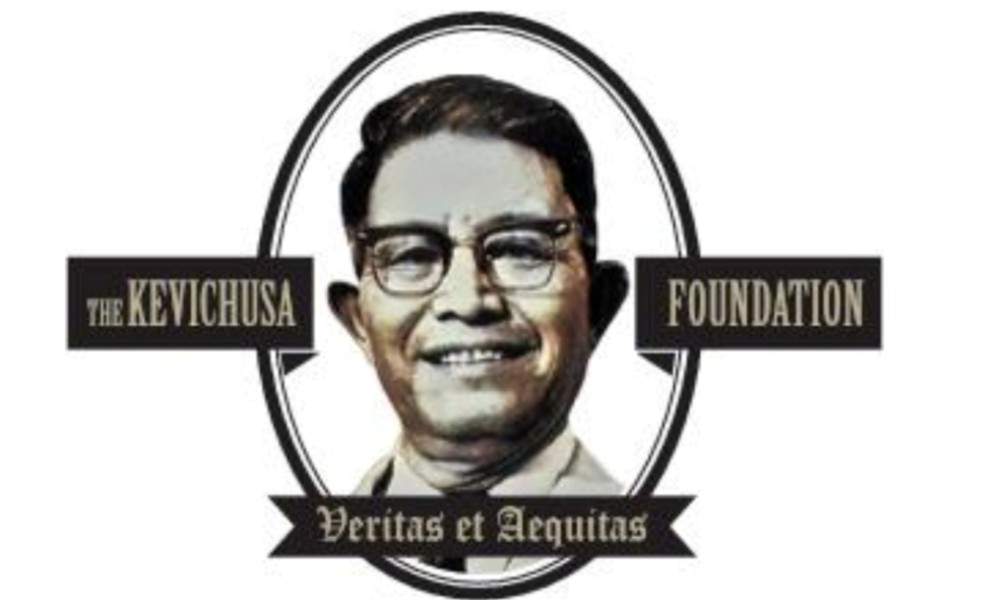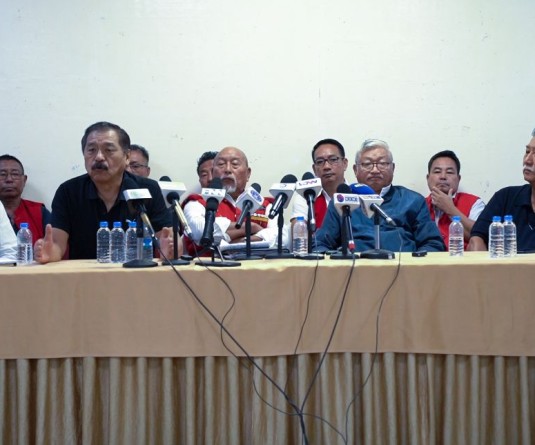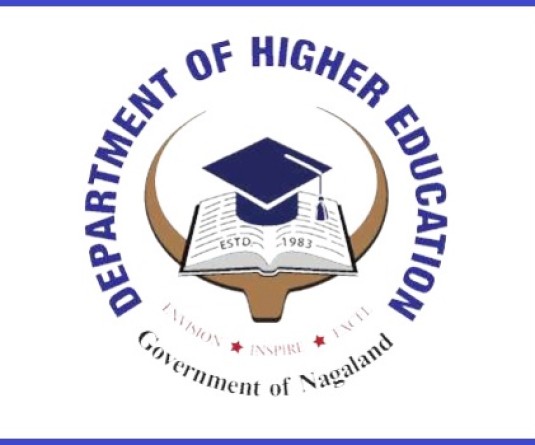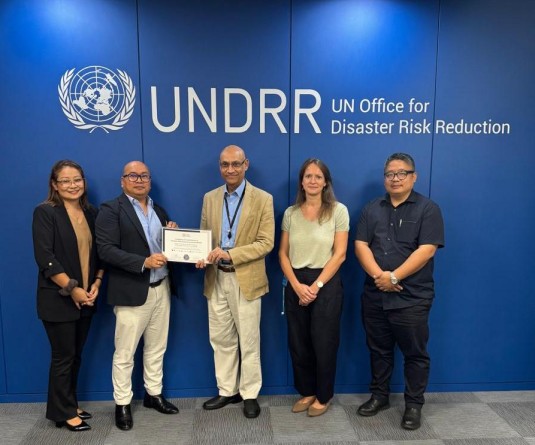
Kohima, November 13 (MExN): The Kevichusa Foundation in inviting entries for Chalie Kevichusa Essay Contest 2025 on the theme “The Role and Responsibility of Citizens in Caring for Their City/Town/Village Moral Obligations and Practical Solutions.”
An entrant must either belong to a recognized Scheduled Tribe in Nagaland or be a recognized Indigenous Inhabitant of Nagaland.
While the general rubric and theme of the Contest is on the theme “The Role and Responsibility of Citizens in Caring for Their City/Town/Village Moral Obligations and Practical Solutions,” the essay may be more a focused piece on one or certain aspects, models, stories, realities, possibilities, ideals, or solutions.
The essay may either be a formal, academic, and data-driven piece or an informal, creative piece, incorporating stories, narratives, and poetry.
The essay must be an original work written in English.
There will be two categories: Youth Category (15-24 years) and Senior Category (25+ years).
The length of the essay must be 1,000 to 1,500 words for Youth Category and 1,500 to 2,000 words for Senior Category.
There will be zero tolerance for any form of plagiarism or use of Artificial Intelligence (AI).
Every essay will be screened by AI and plagiarism detection software, and, if detected, will result in automatic disqualification of the essay.
The winning prize money for Youth Category is Rs 30,000 and for Senior Category is Rs 50,000.
The essay must be submitted by email to kevichusafoundation@gmail.com both in Microsoft Word format and PDF format, along with a copy of Scheduled Tribe Certificate or Indigenous Inhabitant Certificate and a copy of an official ID for age verification.
The last date of submission is December 7, 2025.
The results will be declared at a special event on December 20, 2025, at 5: PM, in The Lighthouse Church, Dimapur, where all the entrants are cordially invited.
The two winning essayists will read their respective essays during the award ceremony.
Copies of the winning essays for the readings will be provided by the organizers.
Under the slogan “Writing for a Cause,” the winning essayists will be required to donate a minimum of 20% of the prize to a charity or a charitable cause of their choice.
The winners will have the opportunity to announce the charities of choice during the event.






